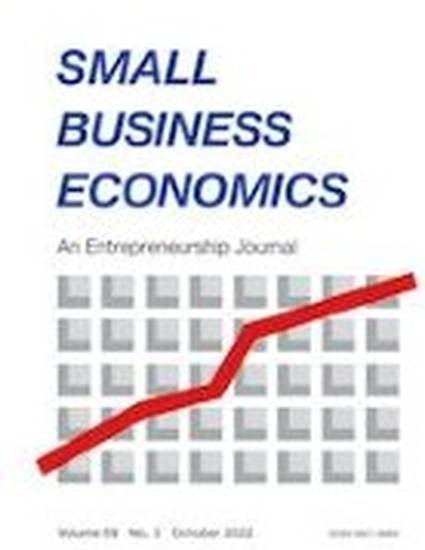
Article
Internationalization choices and Italian firm performance during the crisis
Small Business Economics
(2017)
Abstract
We focus on the relationship between internationalization choices and performance of Italian firms during the first period of the financial crisis (2007-2010). Making use of a new firm level database, we build a six-class taxonomy of firms’ internationalization activities; then we estimate firms’ performance as a function of internationalization forms, also estimating Propensity score and Heckman selection models in order to control for endogeneity and sample selection bias. Over the period 2007-2010, Italian firms moved (on average) towards more complex forms of internationalization. Empirical analysis find that these upward changes are related with positive effects on firms’ (labour) productivity, also in a period characterised by the 2009 trade collapse. These findings put additional emphasis on the issue of the diversification of both products and markets as a goal to be pursued by firms, even in times of crisis, to remain competitive and make profits.
Keywords
- Heterogeneous firms,
- internationalization,
- firm productivity,
- financial crisis,
- Heckman model
Disciplines
Publication Date
Summer March, 2017
DOI
10.1007/s11187-016-9799-5
Citation Information
Claudio Vicarelli, Stefano Costa and Carmine Pappalardo. "Internationalization choices and Italian firm performance during the crisis" Small Business Economics Vol. 48 Iss. 3 (2017) p. 753 - 769 Available at: http://works.bepress.com/claudio_vicarelli/21/
